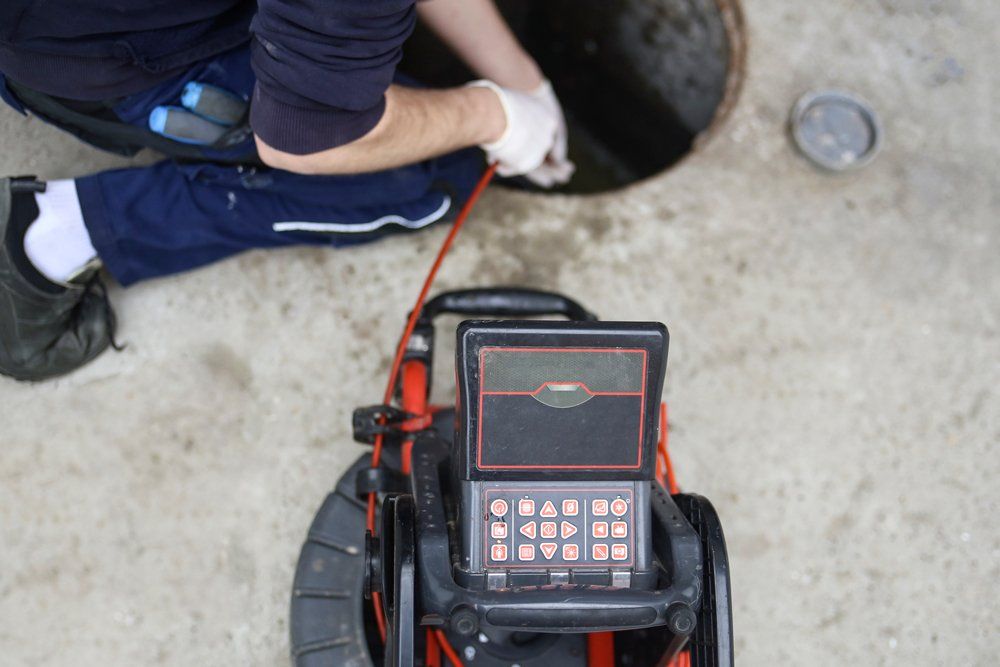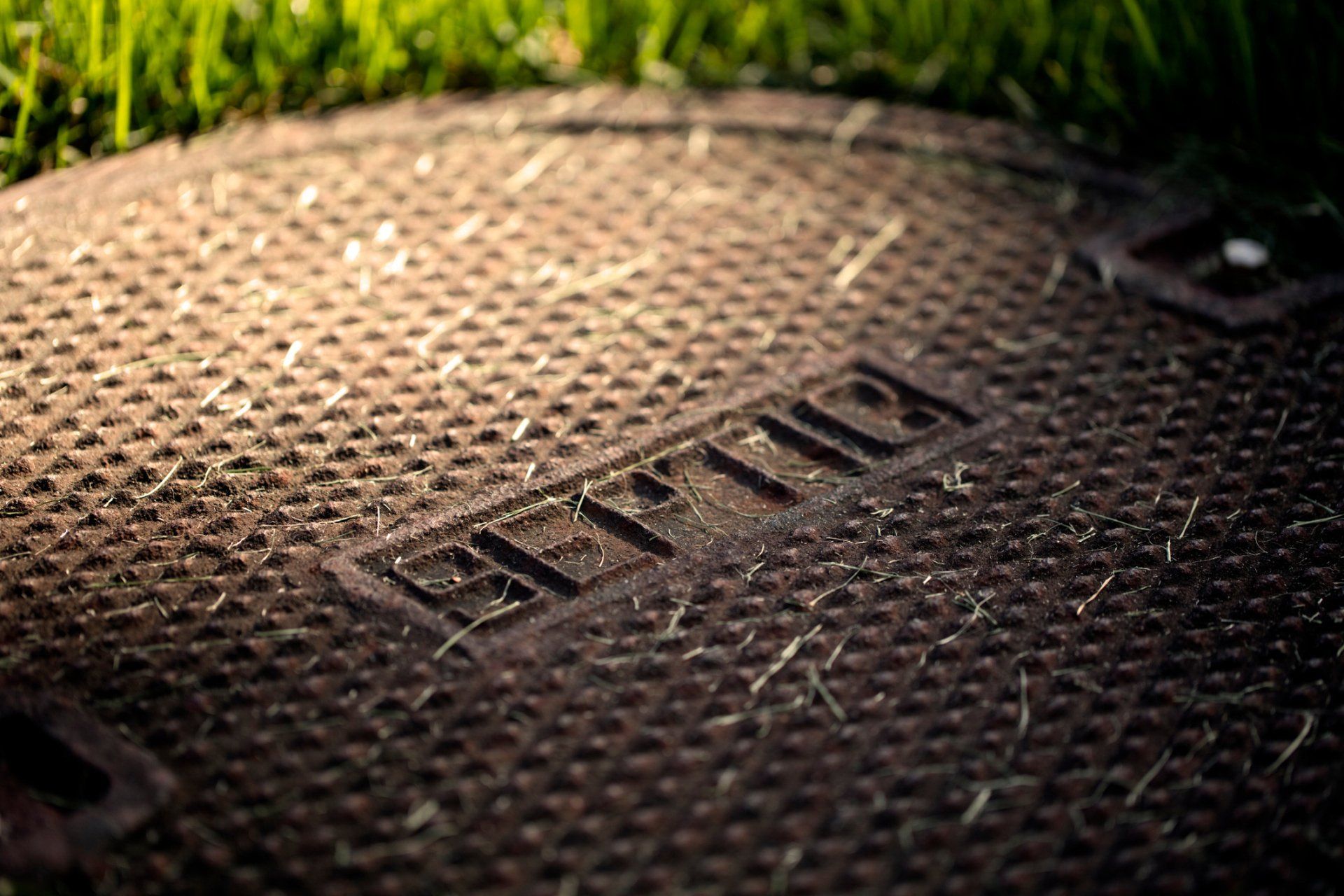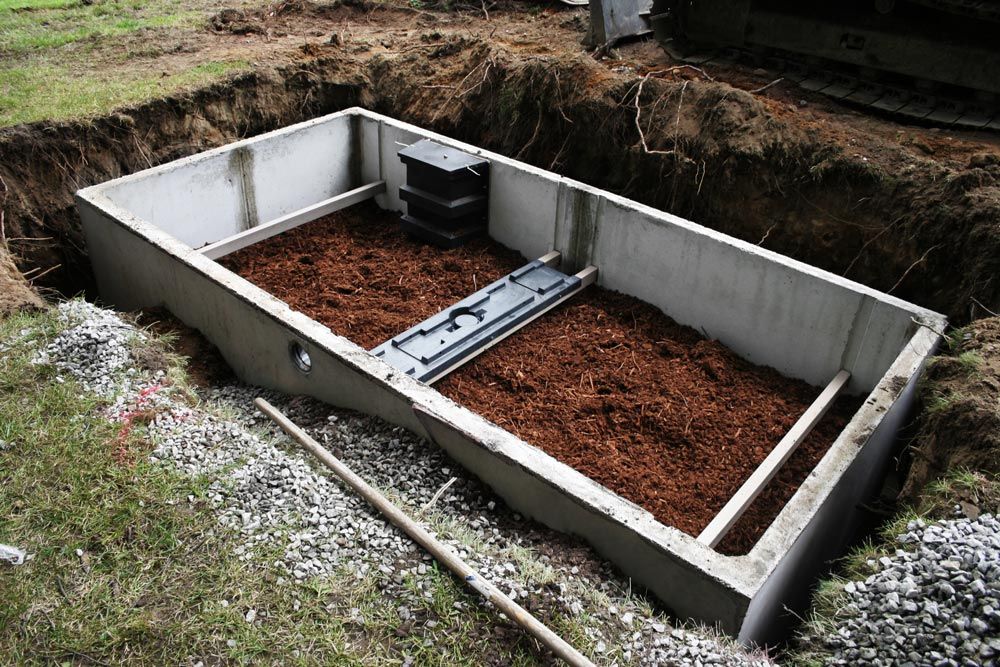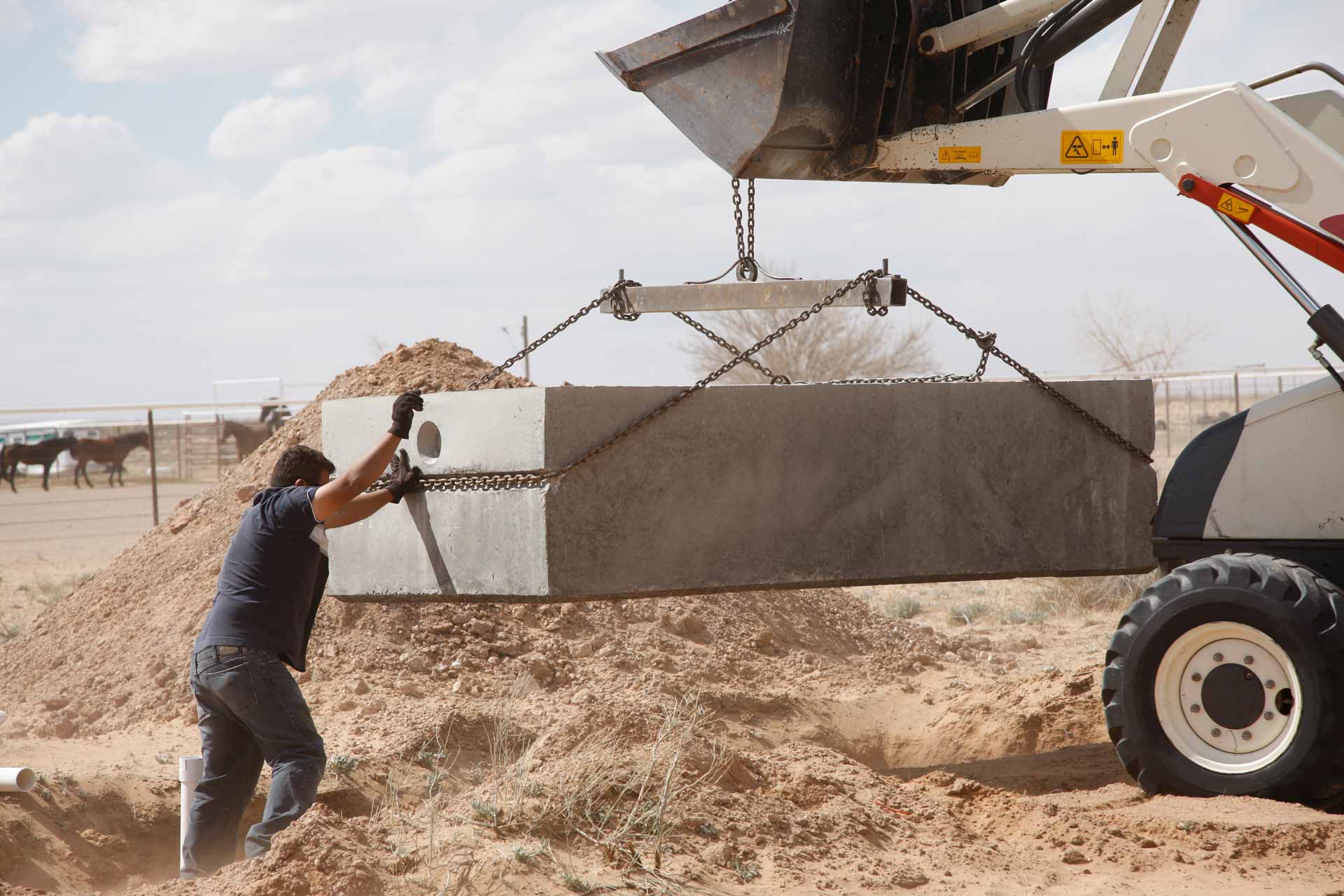Septic Tank Pumping: An FAQ
- By admin
- •
- 24 May, 2021
- •
Septic pumping is a fundamental part of maintaining a septic system. Schedule septic pumping to prolong the life expectancy of your septic tank, prevent costly repairs and replacement, enhance the value of your home, and keep your family safe and healthy.
Regrettably, many homeowners take too long until the time is too late to pump their septic tanks, thus compromising the septic system and their family's health. Learn more with these six FAQs about septic tank pumping so you can schedule one confidently.
1. What Are the Signs You Need Septic Pumping?
A licensed service technician can help you determine when you need to pump your septic tank. Nevertheless, several signs indicate you need septic pumping, such as slow drains, bad odors in your home or yard, and sewer backup. Also, if you notice lush grass above your septic tank or drainage field, pump your tank or have a professional check it.
2. After How Long Should You Pump Your Septic Tank?
The frequency of septic tank pumping depends on various factors, including sludge level, appropriateness of use, and amount of wastewater. Experts recommend pumping your septic tanks every three to five years. However, perform regular inspections and maintenance on your septic system.
3. What Is the Cost of Septic Tank Pumping?
The cost depends on tank size, geographic location, tank condition, and contractors. Also, the amount of sludge affects the cost of pumping.
Homeowners can expect to pay between $295 and $610 for septic tank pumping. Depending on the septic tank size, you can pay as little as $175 for a 750-gallon tank and as much as $600 for a 1,500-gallon tank.
4. When Should You Not Pump Your Septic Tank?
Do not pump your septic tank if you experience one of the following.
First, your home has flooded. Opening your septic tank for pumping may welcome floodwater. Also, your tank may float, resulting in pipe damage.
Second, you have a low sludge level. Typically, you should pump your tank when the sludge level is a third of the tank capacity.
Third, you have an old or fragile tank. Since the tank may collapse during pumping, you should liaise with a professional service technician on the best line of action.
Lastly, avoid septic pumping if you have scheduled a septic inspection in less than two weeks.
5. What If You Fail to Pump Your Septic Tank?
You may experience various problems ranging from blockages to disease and expensive repairs. Wastewater backing in your home poses a huge health risk. The bacteria in the raw sewage can cause diseases or leak into the soil and contaminate underground water. Blocked septic systems can cause substantial damage and a huge repair bill.
6. How Do You Maintain Your Septic Tank System After Pumping?
You can take several actions after septic pumping to keep your septic system in optimal condition, avoid costly damages, and guarantee your family's safety and health.
Firstly, schedule routine inspection and maintenance. Secondly, invest in water-efficient washing machines, showers, and toilets to reduce the amount of wastewater your home generates.
Thirdly, avoid flushing hygiene products, wipes, diapers, paper towels, cigarette butts, and grease. Fourthly, do not park or drive on your septic tank or drainfield.
Fifthly, do not direct rain runoff water into your drainfield. Lastly, keep off any products and chemicals that claim to clean your septic tank; they often do more harm than good.
Contact Pete's Outflow Technicians for septic system pumping and maintenance in Santa Cruz County and the San Mateo Coast. We offer great and personal service that only a small family owned and operated business can provide.









